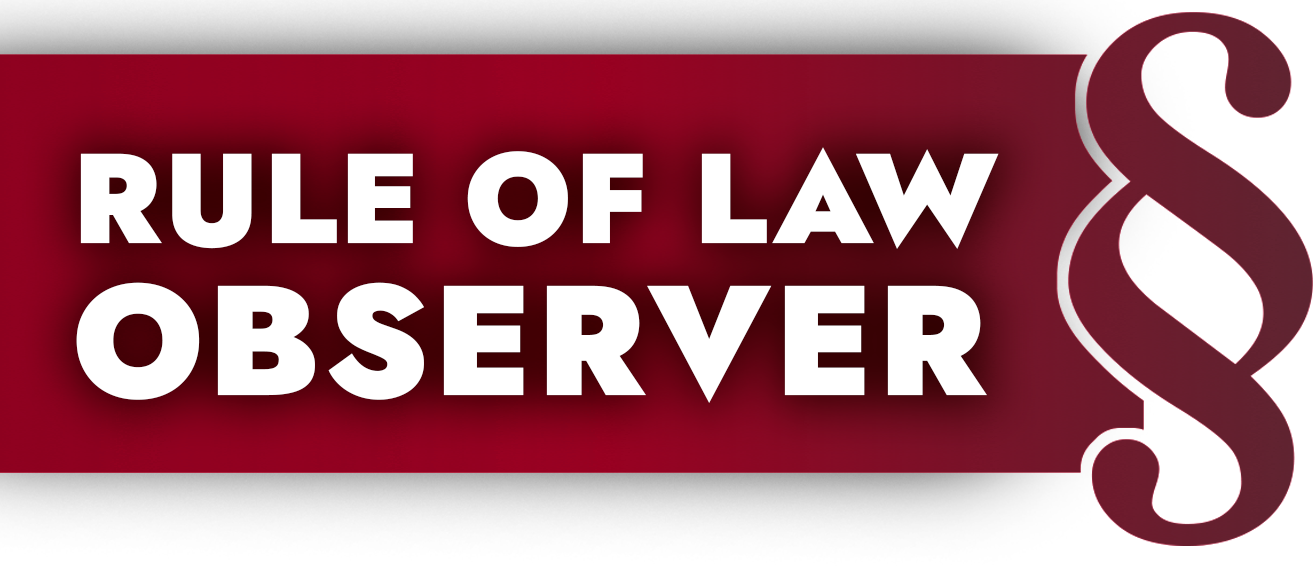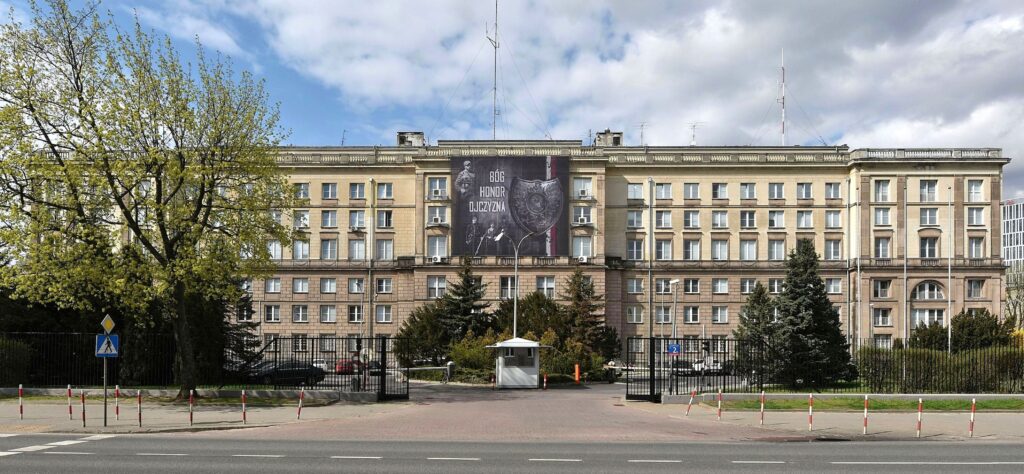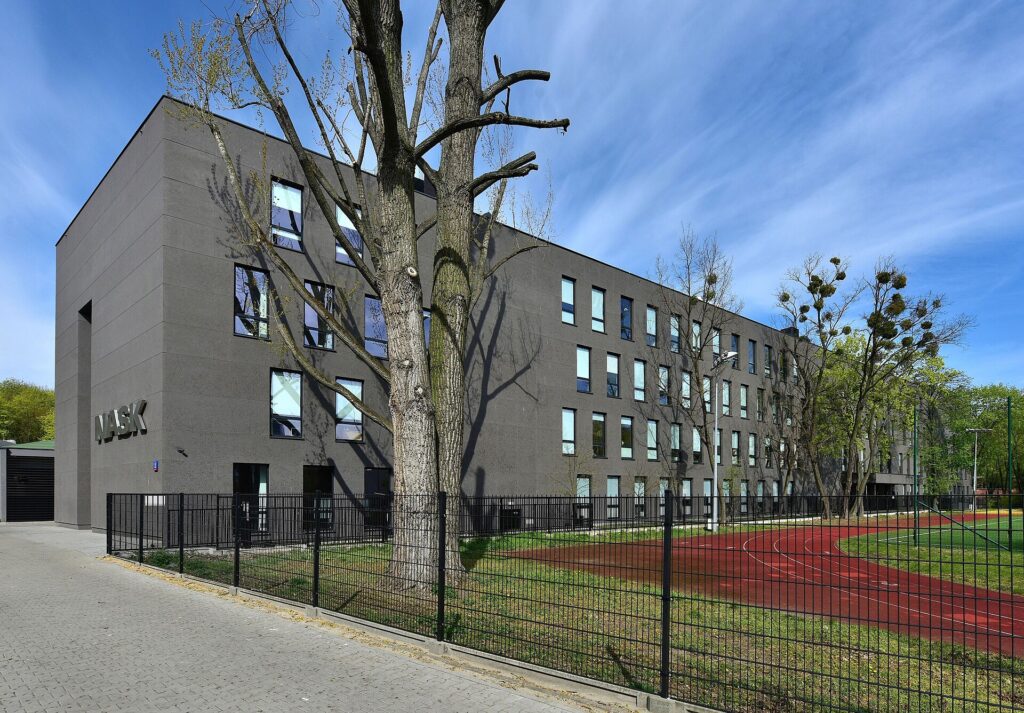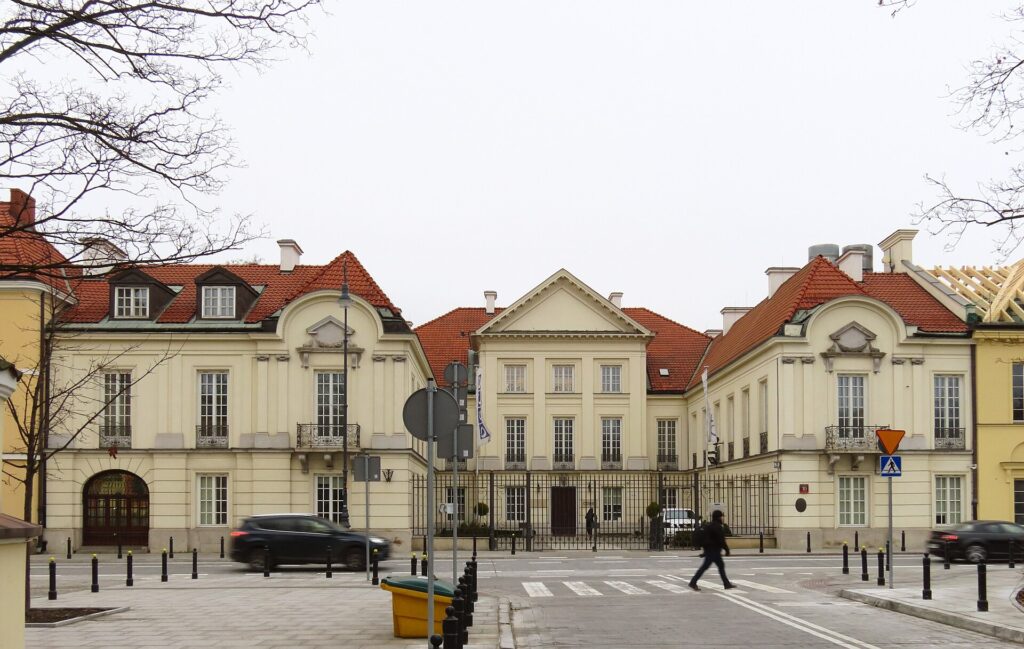Just yesterday (17 June), we reported on the presidential election report, adopted the day before by the PKW, pointing out that it failed to adequately address many doubts surrounding the election campaign, including the issue of financing so-called pro-turnout spots, which in fact encouraged people to vote for Rafał Trzaskowski. Meanwhile, on the same day, after our post was published, news spread that the PKW had asked the Internal Security Agency (ABW) for information about its activities in this matter. Did the PKW react so quickly to our critical comments? Not quite.
Let us recall that just before the first round of the elections, journalists established that Estratos, a company registered in Austria, led by Hungarian opposition politicians and owned by an American fund linked to the Democratic Party, had organised an online campaign supporting Rafał Trzaskowski’s candidacy for the Polish presidency. As part of this campaign, two Facebook profiles, called ‘Wiesz jak nie jest’ (‘You know how it isn’t’) and ‘Stół dorosłych’ (‘The adults’ table’), distributed short spots as part of a paid promotion, encouraging people to vote for Rafał Trzaskowski and attacking his main opponents, Karol Nawrocki and Sławomir Mentzen. Government agencies were also involved in the case – the Research and Academic Computer Network – National Research Institute (NASK for short – an entity subordinate to the Minister of Digital Affairs, whose tasks include combating disinformation on the Internet) issued a statement that can be considered as misinforming the public. In particular, the statement suggested that the spots were in fact a provocation aimed at Rafał Trzaskowski, supporting his candidacy only superficially – however, no arguments were presented to support this thesis.
What is particularly important, however, is that to this day it is not known who actually financed the production and paid promotion of the spots. In its original statement, issued before the journalists’ findings on the role of Estratos, NASK suggested that it could have been foreign entities. According to further findings by journalists, Estratos representatives claimed that the spots had been ordered and paid for by a Polish entity – but they refused to reveal who exactly.
In light of the above, the question arises as to whether there has been a violation of the provisions of the Polish Election Code, which prohibit foreign entities from making such payments to election committees or providing them with non-monetary benefits (Articles 132, 506 and 507 of the Code).
Among others, representatives of the United States Congress spoke on the matter, appealing to the European Commission for clarification. The International Observation Mission of the Organisation for Security and Cooperation in Europe also pointed out (in its Statement on Preliminary Findings and Conclusions) the ambiguities surrounding the financing of the above-mentioned spots as one of the most significant violations that occurred during the election campaign.
It should therefore come as no surprise that the matter was also taken up by the National Electoral Commission (PKW), the body whose primary task, in accordance with Article 160 § 1. point 1 of the Electoral Code, is to supervise compliance with electoral law. As reported on Tuesday (17 June 2025) by journalists from the niezalezna.pl portal, the chairman of the PKW, Judge Sylwester Marciniak, requested the ABW to provide immediate information – within three days of receiving the letter – on the Agency’s actions in the case. According to the content of the letter published by journalists, this information would concern, among other things, the following issues:
Has the Internal Security Agency established the details of the administrator of the Facebook pages/profiles: ‘Wiesz jak nie jest’ (‘You know how it isn’t’) and ‘Stół Dorosłych’ (‘The Adults’ Table’)? Have the details been established of the person who uploaded the advertising spots to these profiles, prepared these advertising spots, developed the advertising campaign, and who paid for the advertising campaigns and from what sources?
Has the source of funding/entity financing the above-mentioned advertising campaigns on the Internet been established? Have the data of transfers, logins, and IT equipment at the premises of personally related entities co-organising the recording of advertisements, such as the Action Democracy Foundation, been secured? When were these measures taken? […]
Has the Internal Security Agency analysed the temporal correlation and the content of the materials published on the ‘Wiesz jak nie jest’ (‘You know how it isn’t’) profile, “Stół Dorosłych” and on the profiles of Polish parliamentarians, including Cezary Tomczyk, Adam Szłapka and Sławomir Nitras? Please provide an analysis prepared by the ABW in this regard.
However, it should be noted here that, firstly, although this letter was only disclosed yesterday, it was dated 1 June 2025.
Secondly, the authenticity of the letter was confirmed yesterday by the spokesperson for the National Electoral Office, Marcin Chmielnicki, who pointed out that:
This request was related to the PKW’s obligation to prepare a report on the presidential election.
However, at the time of publication of the Niezależna article, the election report had already been adopted by the PKW and published on its website. As we reported yesterday, the report addressed the issue of doubts regarding the financing of the election campaign very briefly, noting only that the Commission would look into this when examining the financial reports of the election committees.
What is more, the public was not provided with any information not only on how the Internal Security Agency responded to the questions posed by the PKW chairman, but also on whether it responded at all, even though the deadline for doing so had most likely passed more than a week ago.
It is all the more regrettable that the issues raised in this letter, which, as pointed out by the above-mentioned PKW spokesperson, was drafted in connection with the preparation of the PKW’s election report, were hardly addressed at all in the final report. In this respect, the report clearly contrasts in a negative way with the statement of the OSCE Election Observation Mission, which, as indicated above, exhaustively described the doubts related to the non-transparent financing of Rafał Trzaskowski’s campaign, documenting in detail the manifestations of this financing by third parties.
Source of the illustration: Wikipedia.



